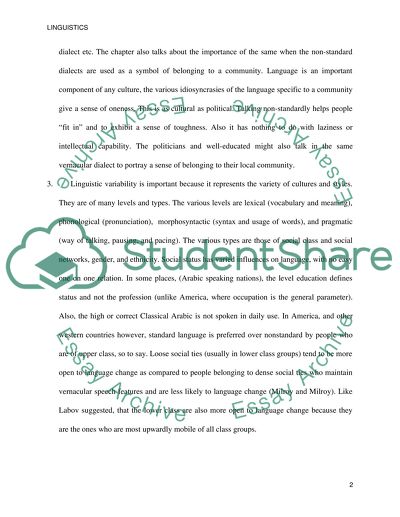Cite this document
(“Linguistics Essay Example | Topics and Well Written Essays - 1500 words”, n.d.)
Retrieved from https://studentshare.org/english/1397950-linguistics
Retrieved from https://studentshare.org/english/1397950-linguistics
(Linguistics Essay Example | Topics and Well Written Essays - 1500 Words)
https://studentshare.org/english/1397950-linguistics.
https://studentshare.org/english/1397950-linguistics.
“Linguistics Essay Example | Topics and Well Written Essays - 1500 Words”, n.d. https://studentshare.org/english/1397950-linguistics.


